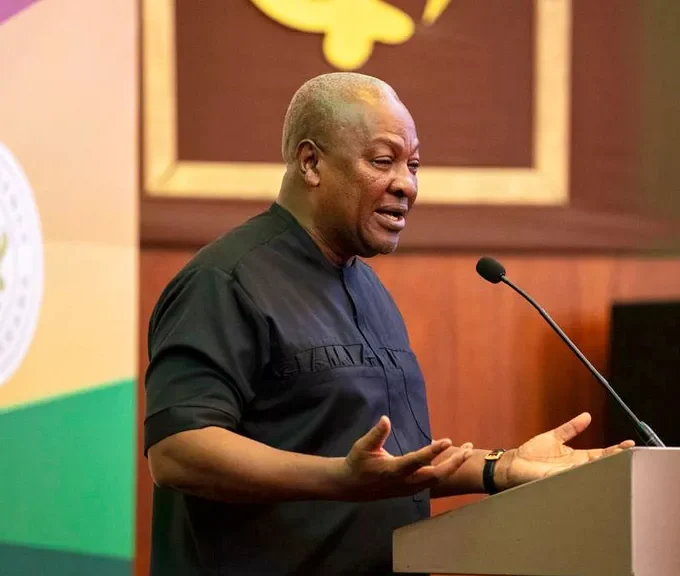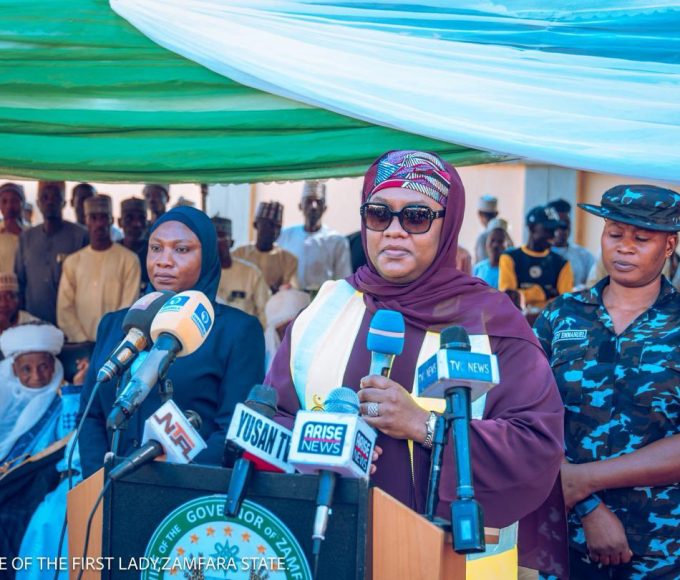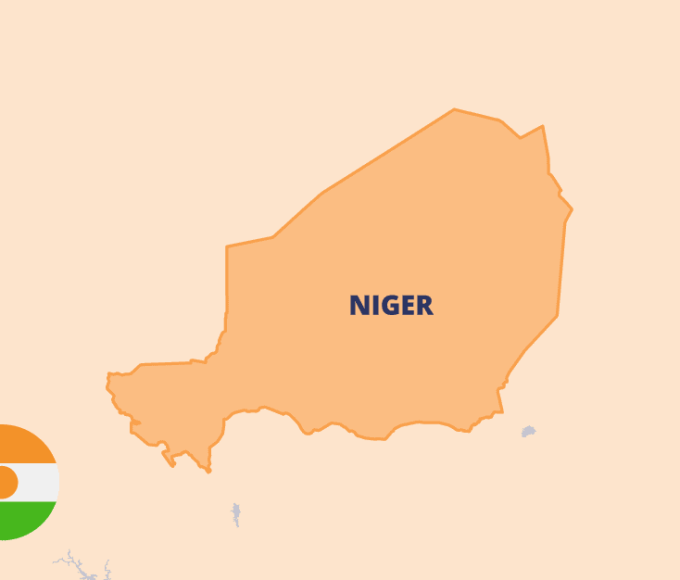
Exclusive: How Karu General Hospital Jailed two sisters for helping an unconscious woman
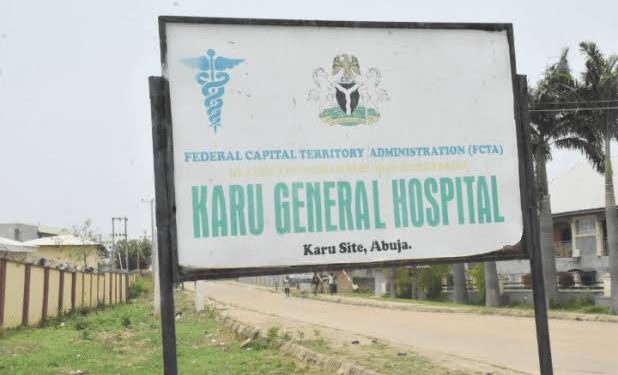
Two sisters, Nkeiruka and Onyekachi Nwitte-Eze, were arrested and jailed for taking an unconscious woman to the hospital in Abuja, the Federal Capital Territory (FCT), on Wednesday, March 6.
The two sisters, one a caterer and event planner and the other a staff of the Federal Ministry of Health, saw a woman lying lifeless on the ground in front of their gate and rushed her to the Karu General Hospital, unaware that goodwill would lead them to spend the night in prison.
Narrating what had transpired in the hospital, Nkeiruka told West Africa Weekly that after they took the patient to the hospital and had contacted her family members, the hospital refused to allow them to leave the premises by locking the hospital’s exit gate and later called the police on them.
“I heard my sister screaming my name. I thought she was ready, but I was wasting her time because she would drop me off at the market to get some ingredients for my catering job while she continued to work. On getting to her, I saw a woman on the floor, and she asked if I could identify the lady. I confirmed that I had seen the woman the previous day and that morning, so I believed she was one of the tenants’ wives.
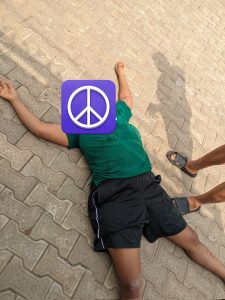
“So, I went through the tenant’s WhatsApp group and called those I thought would most likely be her husband, and luckily, one of them acknowledged. So I told him his wife was unconscious in front of the gate, and he said her aunty was on her way because he wasn’t around.
“I thought the aunt would be there in a few minutes, but when she didn’t, I noticed her pulse was going down after we had tried to revive her, but it wasn’t working. So, I called him again and asked if we should take her to the hospital, and he said yes. So I asked him to tell her aunt we were taking her to Karu General Hospital because the hospital was the closest to us.
“Immediately we got to the hospital, I dropped from the car and told the male and female nurses at the Accident and Emergency (A&E) unit that we needed a stretcher because we came with an unconscious person. They asked where the patient was, and I told them she was in the car. They were lackadaisical, and the male nurse said I should be talking to him from the door.
“The female nurse urged him to come with me, and he went without a wheelchair or a stretcher; he said I shouldn’t teach him his job when I inquired about it and asked if we wanted him to treat her or not,” she said.
Nkeiruka said it took someone else’s intervention before the woman was moved from the car to the ward after the nurse had asked them to do that themselves. Things quickly took a different turn from that point.
“A different man, who I think is the hospital’s secretary, joined us and asked them to calm down. The nurse returned, brought a stretcher, and asked us to put her on it. My brother attempted to bring her out alone but couldn’t, and then the nurse said we should go and help him.
“A different man heard him and queried why he’d asked us to do that, and that was when they rallied around to bring her out of the car. The woman was still unconscious when all this was going on.
“We decided to wait until her aunty arrived and then leave, but my brother said we could go and that he would stay behind. Before we left, we decided to check on the woman and on getting into the ward, she was revived and hysterical and was shouting that someone wanted to kill her.
“I told her I had called her husband, but she said I shouldn’t. Then, I informed her that her aunt was on her way, but she said that she wasn’t her aunt. When all this happened, a female doctor walked in and asked who was videoing what happened outside about the stretcher. My sister said she was the one, and she said, and you’re saying it to my face. I asked her if taking pictures and videos in the hospital was illegal, but she didn’t respond.
“Then the female nurse walked in and said she would have a problem if nobody opened a file for the woman. I told her it was not our responsibility to open a file for her; there were emergency arrangements for cases like that, and we only owed her the responsibility of bringing her to the hospital. Besides, we didn’t know her name,” she added.
Nkeiruka said when they got to the gate, the gateman asked them to go back and request permission before he would allow them to leave the hospital despite the patient’s relatives being present, and the lady was then conscious.
“Upon reaching the gate, the security man said he would not open it and that we needed to go back and get authorisation to leave the hospital. So we asked if we were being held hostage because we had things to do. My sister was already late for work, but the security guard at the gate insisted that we go back to the parking lot and wait.
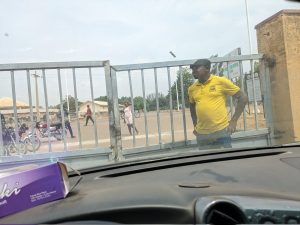
“At that point, the lady’s aunt arrived, and my brother recognised her, so he took her in to meet the lady. There, she opened a file. The hospital’s secretary and the chief consultant came and asked us to reverse our car so people could enter the hospital, but we insisted on knowing why.
“Then one man started shouting that we are women and must be obedient and called us ashawo. I said he shouldn’t say that to my sister and me, but he went on to say that we were prostitutes. I said well, that is the highest insult they could say in the hierarchy of what they say to women.”
The two sisters agreed to move their car from the gate after police officers informed them that there was an emergency case there. They also followed the officers back into the hospital to show them the patient and her relatives.
When they got to the ward, the hospital’s Chief Medical Director (CMD), Dr Ojo Osamuede, told them she had reported the matter and would also make an example out of them and accused them of beating the woman and attempting to abscond.
“Four policemen came and asked us to reverse because of an emergency case at the gate. We agreed to move the car to the side because we insisted we would not return to the hospital again.
“Then the CMD said she had reported us to Road Safety. Police officers were not briefed about the situation, and they asked us why we wanted to leave when the patient’s relatives had yet to arrive. We told them her aunt was there already, and they said that was not what the hospital told them.
“So they said we should follow them to show them where the aunt was, and we agreed. We dropped from the car and returned to the ward, where two of her aunties were with her, and she was discharged by then.
“Then the CMD said she would make an example of us, that we were ill-mannered and rude, and made videos of my sister. My sister said she is also a health worker, which was part of why she helped the woman. She doesn’t understand why they kept us; it was wrong and illegal.
“The CMD took a picture of my sister’s ID card, and then the police seized it. The CMD now called the Ministry of Health and said that my sister and I beat up a woman, and she was unconscious, and we tried to abscond,” Nkeiruka told West Africa Weekly.
They were then informed that the DPO of the Karu Area Command asked to see them at the police station, where they gave their statements and were later transferred to court.
“After the police officers saw that the woman was okay and discharged, they said the DPO wanted to see us, so we agreed and drove with them. The hospital representatives were the CMD, the chief consultant, and the hospital’s secretary. They all sat down and asked us to stand.
“So, they asked if we were married, and we said no. Then they said it was no wonder because who would marry women like us with lousy characters? They took us to that office to make jest of us. Then the chief consultant said thank God they were saved from women like us. The DPO asked what had happened, and my sister narrated, but when I tried to speak, he said I should shut up and that he had been looking at me since.
“The hospital representatives then spoke, but remember that the CMD and the chief consultant came halfway into the incident, so they did not have complete details. However, the CMD kept saying that we were rude and lacked manners and that even my sister’s bosses were her junior colleagues because she is a senior consultant.
“The DPO now asked my sister if we knew what we did wrong, and she said that what we did wrong was helping an unknown person. Then he said we were proud and pompous, and our character would not take us anywhere in life because we were just starting. He said we should go and write our statements,” she said.
Despite the sick woman being present at the police station and the court, they were charged with instigating violence in the hospital and counsel to the hospital prayed the court to deny them bail.
“While writing our statement, the lady in question came to the police station with some human rights NGO representatives. She cried while they asked her to write her statement, but she couldn’t. So the representatives she came with asked how she was supposed to make a statement about what happened when she was unconscious.
“After that, they said they were taking us to court. We asked why we were being taken to court and what our charge was, and they said we would find out when we got to the court. When they called us our case and read our charge, they told the court something entirely different from what happened in the hospital: that we were instigating violence.
“The hospital lawyer prayed that we shouldn’t be granted bail and be charged to prison for our offence. In all of this in the court, nobody asked our side of the story or the lady in question even when she was in court and kept crying that we saved her life. The judge denied us bail and sent us to prison to return on Monday. We were later transferred into the van, and they took us to the Keffi correctional centre.”
Their lawyer and good-spirited individuals, who came to the court following their post on X, applied for bail and were granted a bail bond of N400,000 each. They were released on bail the following day.
“Our lawyer applied for bail again, and some people from X came, so we got some help. It was during the bail application that the judge asked if the woman was around because they had said the woman was still unconscious, but our lawyer said she was present in court. The judge asked her to identify herself, which she did, and that was how we were granted bail. The bail bond for each of us was N400,000.”
Because of the incident, the two sisters incurred losses they were not prepared for. They had to pay lawyers and other logistics for their widowed mother, who was worried about her children. Meanwhile, Nkeiruka had to make a refund to clients she had taken money from to cater for their events while other ingredients were wasted due to high temperature.
When West Africa Weekly contacted the CMD for comments, she said, “The matter is in court. The case was adjourned to April 18.
Read: Peter Obi Warns of Rising Hunger Threat in Nigeria, Urges Increased Food Production
About The Author
Related Articles
MLMs Like Neolife Face Rising Criticism in Nigeria Over Financial Losses, Psychological Stress, and ‘Brainwashing’ of Young People
Multi-level marketing (MLM) companies operating in Nigeria, including well-known names such as...
ByWest Africa WeeklyDecember 16, 2025Ghana Responds to Israel With Reciprocal Deportations
Ghana and Israel are locked in an unusual diplomatic standoff after Accra...
ByWest Africa WeeklyDecember 12, 2025Zamfara’s Mass Wedding Raises Fresh Alarm About Welfare, Religion, and the Rights of the Girl Child
The Zamfara State Government has once again sponsored a mass wedding programme,...
ByWest Africa WeeklyNovember 26, 2025Niger Suspends More Than 320 NGOs in Niamey Over Financial Reporting Violations
Authorities in Niger have suspended the activities of more than 320 non-governmental...
ByWest Africa WeeklyNovember 21, 2025









